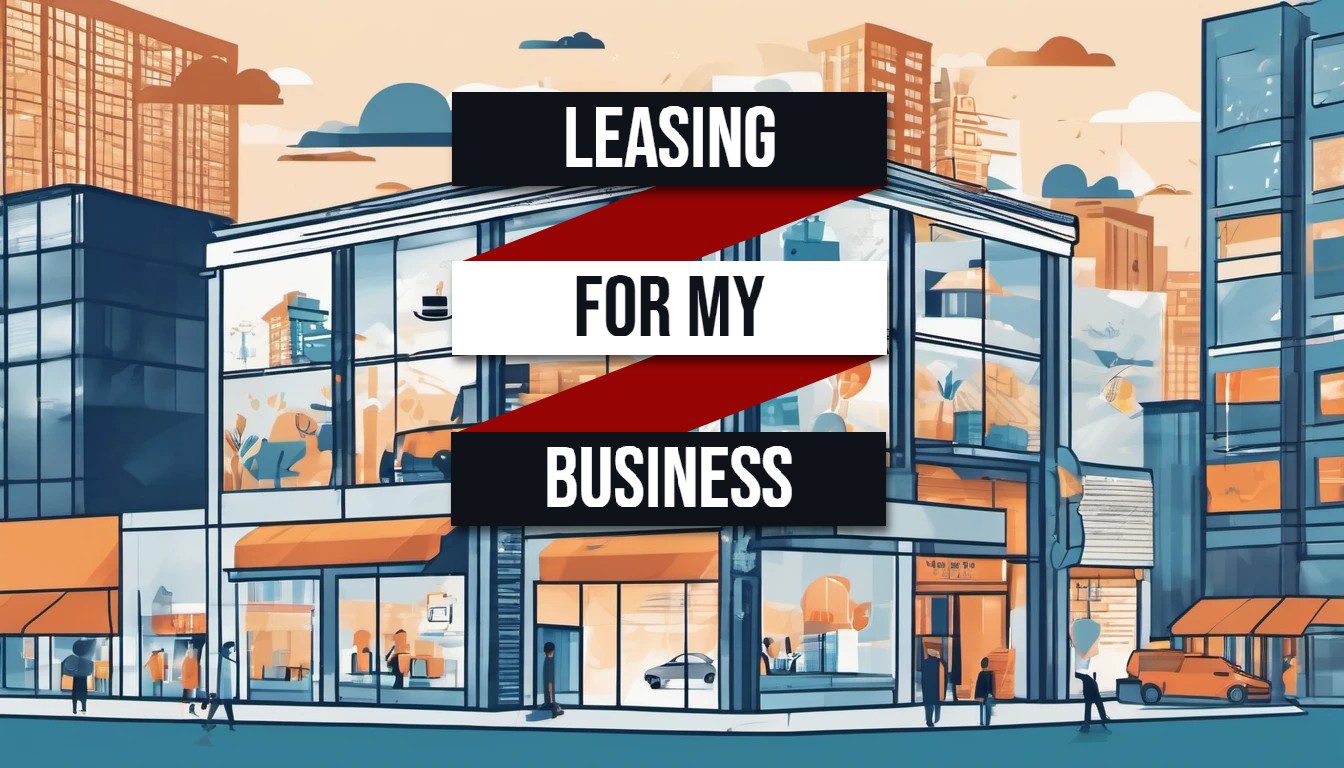
Lease Smarter: Easy Business Tenant’s Guide
Tenant’s insurance for commercial properties is a form of coverage that serves as a pivotal aspect of a business’s risk management strategy. Commonly known in the industry as commercial renters’ insurance or tenant’s liability insurance, this policy is crafted to protect the financial interests of the tenant against various scenarios that can occur within a rented commercial space.
What Is Tenant’s Insurance for Commercial Properties?
Tenant’s insurance, also known as commercial renters’ insurance or tenant’s liability insurance, is a policy that a business tenant holds to cover potential damages to rented property, liability for injuries, and other risks associated with their use of the space. This insurance typically includes coverage for the tenant’s personal property within the leased space, business interruption, and liability protection.
Coverage Details
Tenant’s insurance is a multifaceted policy designed to offer comprehensive protection for businesses that lease commercial spaces. Each aspect of this insurance works together to safeguard the tenant from various risks:
- Property Damage: Tenant’s insurance goes beyond mere compensation for physical damages. If a tenant’s actions or negligence leads to a fire or structural damage, this insurance can cover the costs of repairs to the building or premises, ensuring the tenant can uphold their lease obligations without suffering devastating financial losses.
- Liability Claims: The liability aspect of tenant’s insurance is a crucial feature. For instance, should a client slip on a wet floor and sustain an injury, or if a product malfunction causes harm to a customer, this insurance kicks in to handle medical bills, legal defense, and any awarded damages, preserving the tenant’s financial stability and reputation.
- Business Personal Property: This coverage acts as a shield for the assets within the leased unit. It protects the tenant’s business equipment, from computers and specialized machinery to furniture and inventory, against a range of threats including theft, vandalism, and certain types of water damage. This means if a burst pipe soaks your office electronics or a break-in results in stolen inventory, your policy can help cover the replacement or repair costs.
- Business Interruption: Perhaps one of the most valuable aspects, business interruption coverage can be a lifeline in the aftermath of a covered event. If a disaster forces a business to pause operations, this insurance can compensate for the lost income and help cover ongoing expenses like rent or employee salaries. This enables the business to maintain financial health and ultimately resume operations with less hardship.
The Importance of Tenant’s Insurance
Tenant’s insurance is not just a safeguard; it’s a strategic investment in the business’s longevity. By transferring the risk of potential property damage, legal liability, and business interruption to an insurance carrier, the business tenant can operate with greater assurance and focus on growth and stability.
For the landlord, requiring tenants to have such insurance is a way to ensure that the property and all who interact with the business are protected, which in turn protects the landlord’s property from potential liability and loss as well. It’s a shared approach to risk management that benefits all parties involved within the ecosystem of a commercial property.
Why Landlords Require It
Landlords often require tenants to carry insurance for several critical reasons, which together create a comprehensive risk management strategy.
- Risk Management: The fundamental principle behind requiring tenant’s insurance is risk management. By ensuring that tenants have their own insurance, landlords can significantly reduce their exposure to potential financial losses. For example, if a tenant’s operation causes a fire that damages the property, the tenant’s insurance can cover the costs of repairs. This mitigates the landlord’s risk of having to pay for these expenses out-of-pocket or having to solely rely on their own insurance, which might lead to increased future premiums.
- Property Protection: Commercial property is a significant investment, and landlords need to protect this investment from any potential harm. When tenants have insurance for property damage, it helps ensure that the landlord’s property is kept in good repair. It protects the property’s value and ensures that, should damage occur, it can be remedied without delay or dispute, minimizing the impact on the building’s overall integrity and value.
- Lease Compliance: Including insurance requirements within the lease agreement clarifies the expectations and responsibilities of each party from the outset. This not only ensures that the tenant is aware of their obligations to maintain adequate insurance but also that the landlord has a clear route to recourse if the tenant fails to uphold these terms. Compliance with these insurance stipulations is often monitored and enforced by landlords to maintain a certain standard across their property portfolio.
In essence, tenant’s insurance is a protective measure that benefits all parties involved. It’s a way for tenants to demonstrate their responsibility and for landlords to mitigate risks to their property. For tenants leasing commercial property, understanding the ins and outs of their insurance policy is not just a lease requirement; it’s a smart business practice that ensures their operations are resilient in the face of challenges and uncertainties.
For commercial property owners, insisting on tenant’s insurance is about more than just ticking a box; it’s about fostering a leasing environment where risks are managed proactively, and the potential for disputes and financial loss is minimized. It’s a strategy that underlines a commitment to maintaining high standards and ensuring that the commercial premises remain a thriving hub of business activity.
Categories: Commercial, Property Insurance

JUST SUPER, AWESOME, AWESOME))
Wonderful, very valuable message